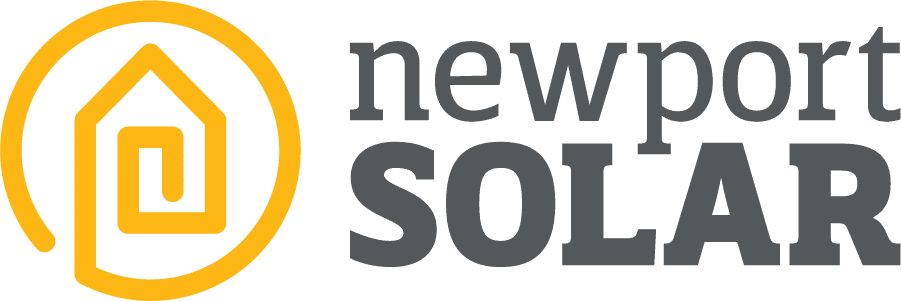Ways To Tell if Your Roof Is Good for Solar Panels
![]()
Thinking about making the switch to solar energy but not sure if your roof is sufficient? Your home’s roof is a critical aspect to consider before committing to a solar panel installation. Here are a few ways to tell if your roof is good for solar panels.
Determine Roof Orientation
The direction your roof faces will affect the efficacy of your solar panels. A south-facing roof receives the most sunlight throughout the year, making it a prime candidate for solar panel installation. East- and west-facing roofs are also viable when they are not too steep and they may produce slightly less energy. Northern roofs, on the other hand, are typically least suitable due to receiving minimal sun exposure. If your roof slopes mostly toward the south, you’re off to a good start. The ideal roof pitch for solar panels on a south facing roof is between 25 and 45 degrees. On a more eastern or western facing roof, the ideal pitches are between 10 and 25 degrees.
Keep Shading Minimal
Shade can reduce the output of your solar panels. Even a small amount of shading for a brief period can have a big impact on energy production, and trees, nearby buildings, and chimneys can cast shadows. To prevent or minimize shading, select a location for your solar panels that is free from obstruction. If trees can be trimmed or removed, this can help reduce the impact of shading. If shading is unavoidable, there are also technologies available that can mitigate its effects on solar energy production, such as Enphase micro-inverters.
Assess Your Roof’s Age and Health
The age and condition of your roof are crucial factors to consider. Solar panels can last 25 years or more, so it’s best to ensure your roof has at least that much life left in it. If your shingles are curling, cracked, or missing, it may be a sign that your roof needs repair. Installing solar panels on a faulty roof can lead to additional expenses down the road if removal and reinstallation are necessary. It’s also worth noting that adding solar panels can increase the weight load on your roof; We’ll make sure it’s structurally sound enough to handle the added weight.
Know the Size and Material
The size and material of your roof directly impact the number of solar panels you can install and how much energy they’ll generate. Large, unobstructed roof areas allow for bigger, more powerful solar installations. Additionally, certain roofing materials are better suited for solar, such as composite and metal roofs. If you have a more unique roofing type such as rubber, cedar shake, or slate, there may be a solution, but it will be more custom.
Assessing whether your roof is good for solar panels ensures your investment will be as efficient and long-lasting as possible. If you find that your roof checks all the boxes, congratulations! You’re one step closer to harnessing the power of the sun. If not, don’t worry—there are often solutions available to make solar viable for your home. For further guidance, consult a reputable installer like Newport Solar, a solar power company in RI, who can provide tailored advice for your solar power needs.
